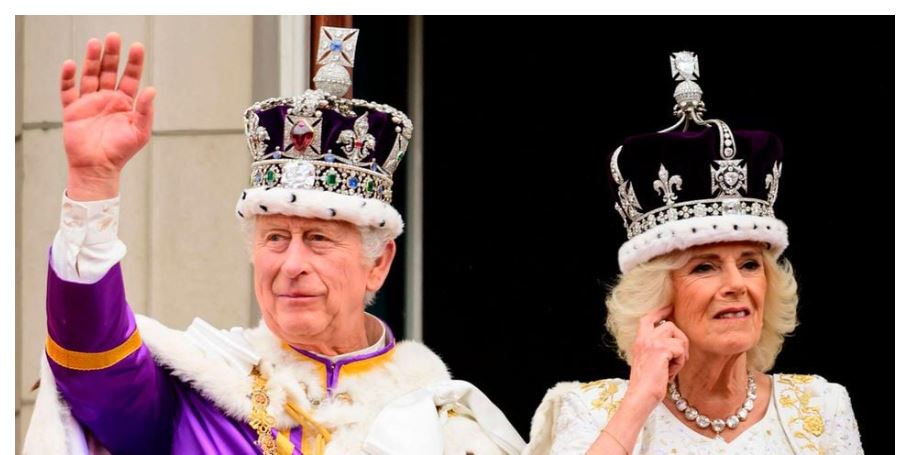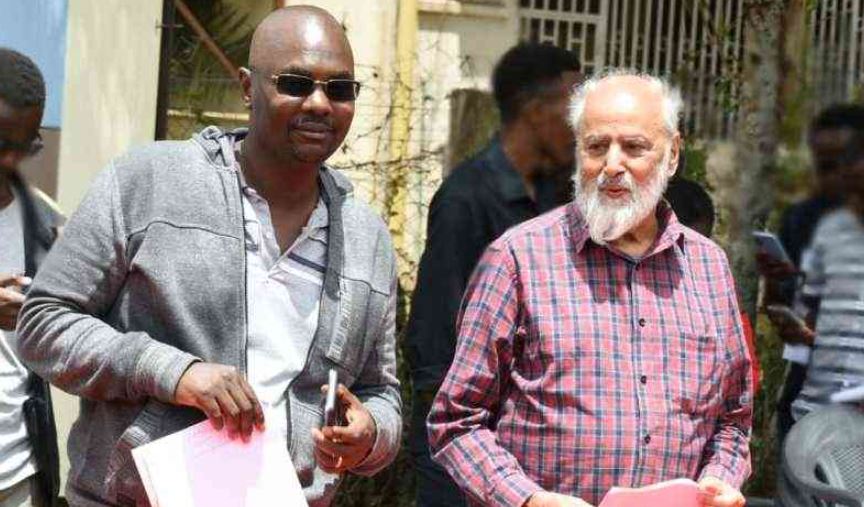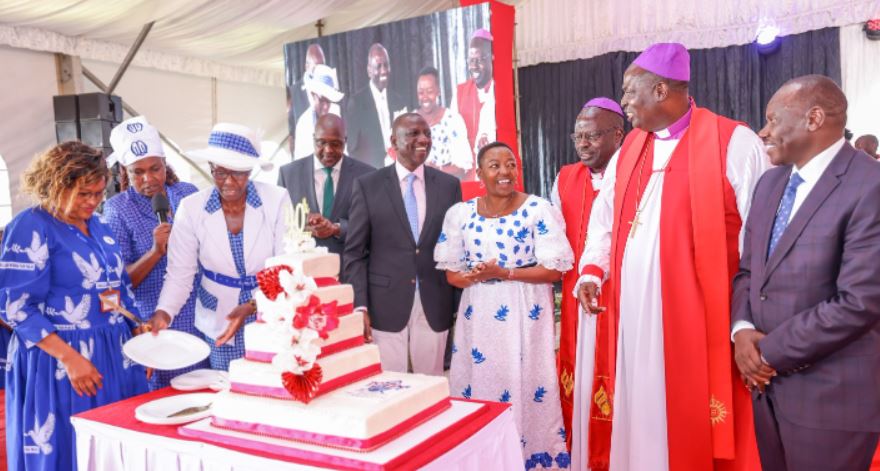
“We call upon the King on behalf of the British government to issue an unconditional and unequivocal public apology (as opposed to the very cautious, self-preserving and protective statements of regrets) for the brutal and inhuman treatment inflicted on Kenyan citizens during the entire colonial period-(from 1895 to 1963) and thereafter, to date. Such an apology is a critical step in acknowledging the pain and suffering of Kenyans,” the non-government KHRC said.
According to the KHRC, from 1895 to 1963, the colonial government expanded into valuable land and implemented a policing culture that oppressed Africans, leading to widespread human rights violations, notably during the 1952 emergency.
“The adverse effects of colonialism are still felt today. During the period of colonisation, Africans were subjected to unimaginable level of inhumane treatment, some killed, and others repressed for speaking out against the colonialists,” said the rights group.
Also Read – Apologizing for Colonial Injustices in Kenya is Extremely Difficult, says British Envoy
During a press briefing on Sunday, October 29, the commission outlined five specific measures for the British Government to undertake to address the historical and ongoing injustices caused by the British.
“We further demand effective reparations for all the atrocities committed by the different groups in the country. This should be in line with the aforementioned UN Principles and Guidelines which provide supporting among others; adequate compensation, rehabilitation, satisfaction and guarantee of non-repetition,” the commission’s Executive Director Davis Malombe said.

The lobby group is additionally calling for sufficient financial and technical assistance in the establishment and upkeep of the necessary memorials.
Following a protracted court case, Britain, in 2013, agreed to compensate about 5,000 Kenyans who had endured abuse during the Mau Mau revolt. The settlement amounted to nearly 20 million pounds (equivalent to approx KSH3,578,957,720).
KHRC is also calling for the British government to assist with research and the disclosure of all information associated with its colonial rule in Kenya, for the sake of preserving historical records.
The press statement from the commission reads, “It is time Britain brought back the skull of Koitalel Arap Samoei (just as Belgians have done with the tooth of Patrice Lumumba in DRC) and assisted in the tracing of Dedan Kimathi’s burial site for decent sendoffs. With respect to historical land injustices, we request the British government to support the National Land Commission in conducting further investigations and analysis of all legitimate claims.”
“We expect the King to express the British government’s commitment to human rights and the rule of law in its foreign policy and operations. This should ensure that its programmes and investments in Kenya and other regions will continue to be undertaken in full compliance with global human rights standards and principles.”
The commission is also advocating for accountability of British security operations and multinational corporations operating in Kenya for their actions. Furthermore, they are urging the exploration of amicable ways for coexistence with local communities.
KHRC highlighted the case of Agnes Wanjiru’s murder, which remains unresolved 11 years later. Wanjiru was killed by British soldiers, and her body was discovered in a septic tank; however, her family has not yet received justice, as her killers have never been charged.
READ – Agnes Wanjiru Murder: DCI Kinoti says Victim was Dumped in Septic tank while Alive








